Summary
- JJK lacks parental figures; the present ones are toxic or deeply troubled.
- Gojo mentors Itadori, Fushigoro, and Okkotsu as a surrogate parent.
- Jujutsu High faculty guides students, helping them self-actualize.
Jujutsu Kaisen fans rarely meet the parents of Jujutsu High’s students. Furthermore, several of Jujutsu Kaisen’s parent characters are toxic and neglectful. This detail is ironic considering the emphasis on bloodline and inherited cursed techniques among the Big Three Families.
Instead, Jujutsu High’s faculty noticeably fills the gaps JJK’s absent caregivers left. This theme becomes especially relevant considering Tokyo Jujutsu High’s first-year students, who are either orphaned or estranged from their families. Witnessing the bonds forged between Jujutsu High’s students and faculty highlights a teacher’s seminal role in their students’ development into adults.
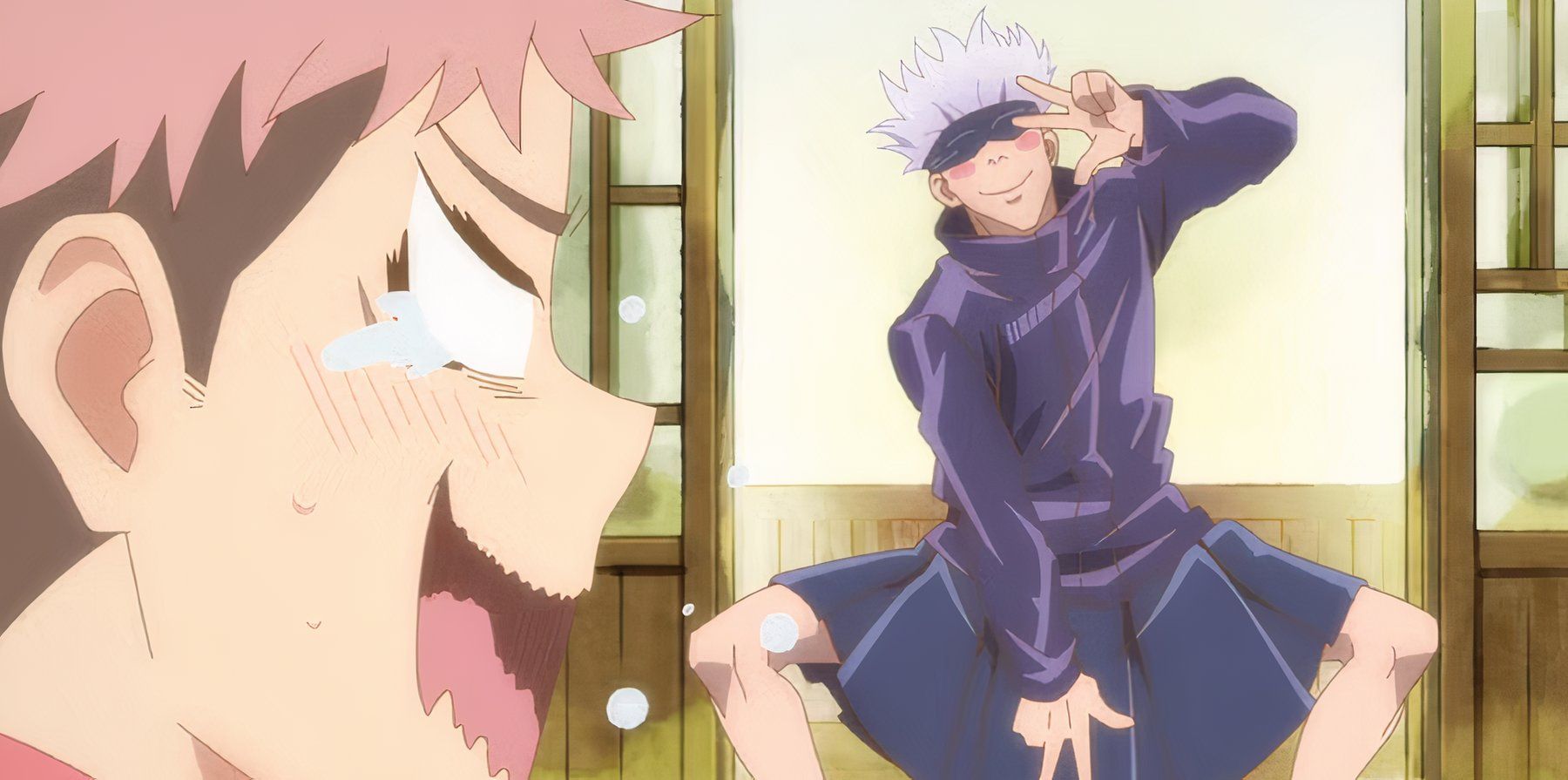
Related
Jujutsu Kaisen: The Origin Of Juju Stroll
“Juju Stroll” is a fan-favorite part of the Jujutsu Kaisen anime. But did you know its origins date back much further?
Parents Are Mostly Absent in Jujutsu Kaisen
The Few Present Parents Are Poor Role Models
There are few parent characters in Jujutsu Kaisen. The few that are parents either exist offscreen or are visible in minor roles. Yuji’s grandfather, his primary caregiver, dies in the anime’s first episode. Dialogue mentions Nobara’s grandmother, but she never appears.
Then there are the parents who are present, but not in a healthy way. The best example of a toxic parental figure in JJK is Toji Fushigoro, who abandons his two children and sells Megumi to the Zenin clan. As far as Megumi is concerned, Toji is a stranger.
The last group of present parents in JJK are troubled people trying their best. These characters have flaws that may tick off a beige flag, but they care for their kids as best they can. For example, Nagi Yoshino loves her son, Junpei. She is genuinely enthusiastic when Junpei brings a new friend, Yuji, home for dinner. And Junpei confides to Yuji that he and his mom are close.
Unfortunately, Nagi is going through a rough divorce with Junpei’s father. She copes by drinking, even passing out during the dinner with Yuji. Furthermore, Nagi depends on Junpei to carry much of the emotional burden in their relationship, to the point he hides most of the bullying he endures to protect Nagi’s feelings.
Gojo Takes in Itadori, Fushigoro, and Okkotso
He Vigorously Advocates for Them Behind Closed Doors
Satoru Gojo plays a surprising role in his students’ development at Tokyo Jujutsu High School. Despite his reputation for having a big ego and thinking selfishly, he steps in to fill the gaps where several parents are absent. For all intents and purposes, Gojo adopts Yuji Itadori almost immediately after the youth’s grandfather dies. Furthermore, if it weren’t for the powerful sorcerer’s intervention, Itadori would die at the hands of the jujutsu council.
And then there’s Megumi. After killing Toji Fushigoro, Gojo regularly checks in on the orphaned Megumi and Tsumiki and financially supports them. He also negotiates with the Zenin clan, nullifying their transaction with Toji for Megumi. Lastly, there’s Yuta Okkotsu. The troubled teen was on the verge of suicide upon meeting Gojo. Luckily, Gojo helped Yuta find purpose by showing him how his curse could become a tool for good.
There are other moments where Gojo taps into a natural parental instinct. The best example is the second day of the Kyoto Sister-School Goodwill Event. After a devastating first day interrupted by nefarious actors, the Jujutsu High students are physically, emotionally, and mentally spent. The supervising faculty almost canceled the event, ending the students’ competition on a somber note. Gojo pushed Yaga and Gakuganji to continue the event, but the cunning instructor planned a twist.
Traditionally, the second day of the Goodwill event features a variety of one-on-one sorcerer battles–not a fitting idea, considering the current moment. Thankfully, Gojo steps in, pulling a sleight-of-hand while drawing paper slips from a jar filled with Day Two challenges. What contest gets chosen? Baseball. Is this Akutami’s fan service moment? Maybe, but it serves the plot well. Gojo’s emotional intelligence and compassion shine here. He knows their future will be grim and provides an opportunity for them to be kids, at least for a day. There is a lot of moral ambiguity in the world of jujutsu. A net positive result may justify cruel tactics or physical/emotional burnout, requiring students to grow up too fast. Gojo wants more for his students, and that’s huge.
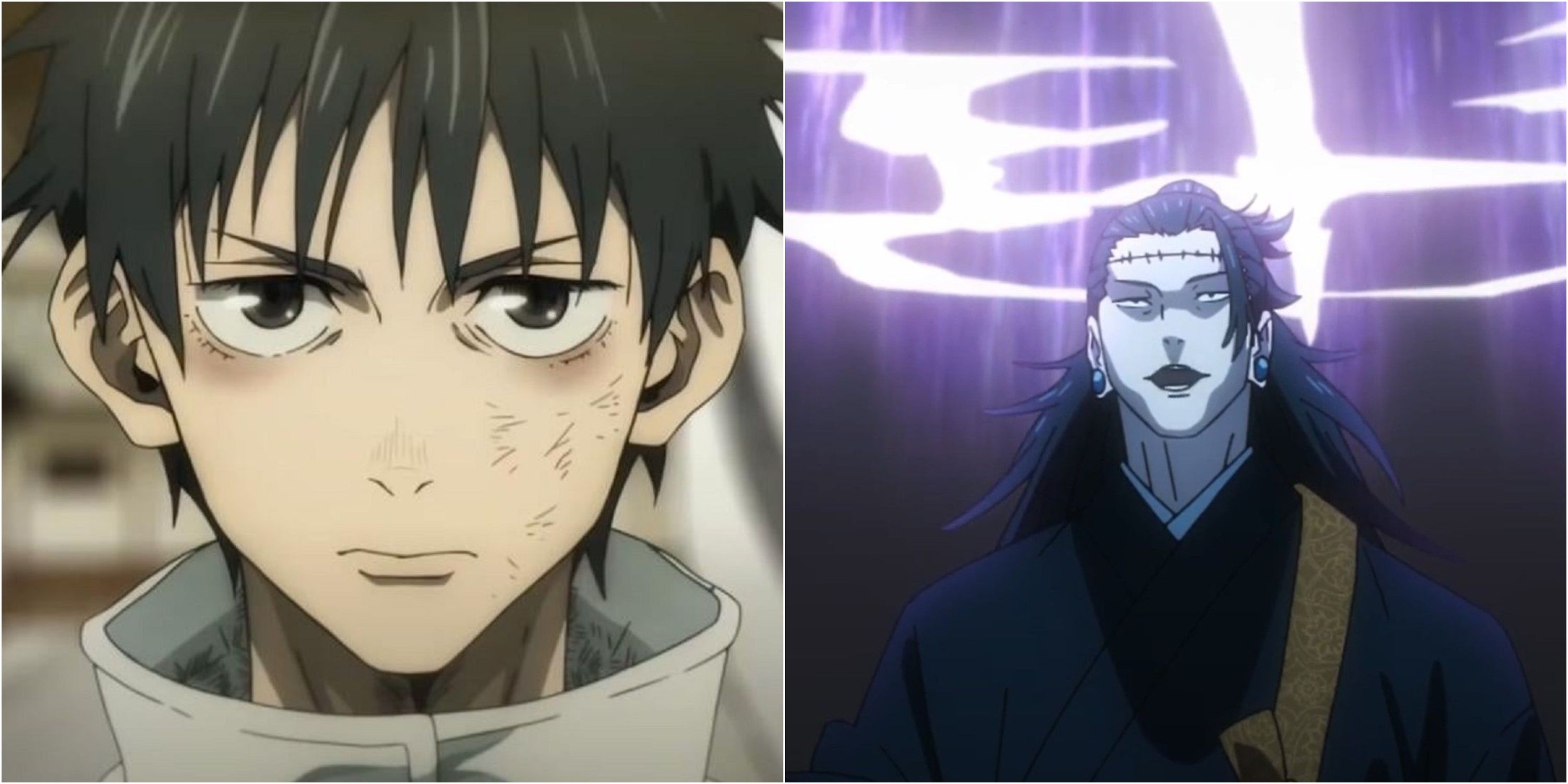
Related
Jujutsu Kaisen: 8 Best Non-Combat Cursed Techniques, Ranked
Jujutsu Sorcerers are often called into combat, but that doesn’t mean every Cursed Technique in Jujutsu Kaisen is combat-oriented.
Jujutsu High Teachers Mentor and Support Their Students
Their Guidance Enables Pupils to Self-Actualize
High school is a pivotal moment in a young person’s life. Teenagers discover their values and goals and how their actions impact the world around them—all while navigating the torrential growing pains of puberty. They are incredibly vulnerable individuals, and how adults interact with them can make or break their future. Jujutsu High’s faculty features enigmatic personalities. Some are rebellious rabble-rousers, like Gojo. Others are more pragmatic, like Kento Nanami. Then there are the skilled but ethically questionable teachers, like Mei Mei. They’re all flawed individuals, but they do what they can to develop Jujutsu High’s young minds into the guardians of the future.
Despite Megumi’s disdain for Gojo, the wild instructor positively affects the restrained prodigy. Gojo’s conversation with Megumi, when he encourages the self-conscious sorcerer to permit himself to lose control, ultimately results in the breakthrough that enables Megumi to perform a domain expansion for the first time. Maki attends Jujutsu High while battling the negative prejudice held against her by the Zenin clan. If it were up to a more conservative sorcerer, the gifted combatant would get held down at Grade 4 indefinitely. Fortunately, Mei Mei, having experienced turning her underestimated cursed technique into a highly valuable Grade 1 tool, recognizes Maki’s potential and nominates her for promotion.
Kento Nanami leads his students by example. Despite his disgust for the jujutsu world and what it puts its sorcerers through, he still returns to practice out of a sense of duty to others. His strength of character inspires Yuji to never give up, even when Mahito and Sukuna push the tortured teen to his limits during the Shibuya Incident. Jujutsu High’s teachers do not sit on a pedestal. They are not objectively better parents than their students’ blood relatives. However, they demonstrate the significance of a good teacher in a student’s development into adulthood. In some cases, a dedicated teacher can build the foundation of a found family for students lacking a support system, thus initiating tremendous change.
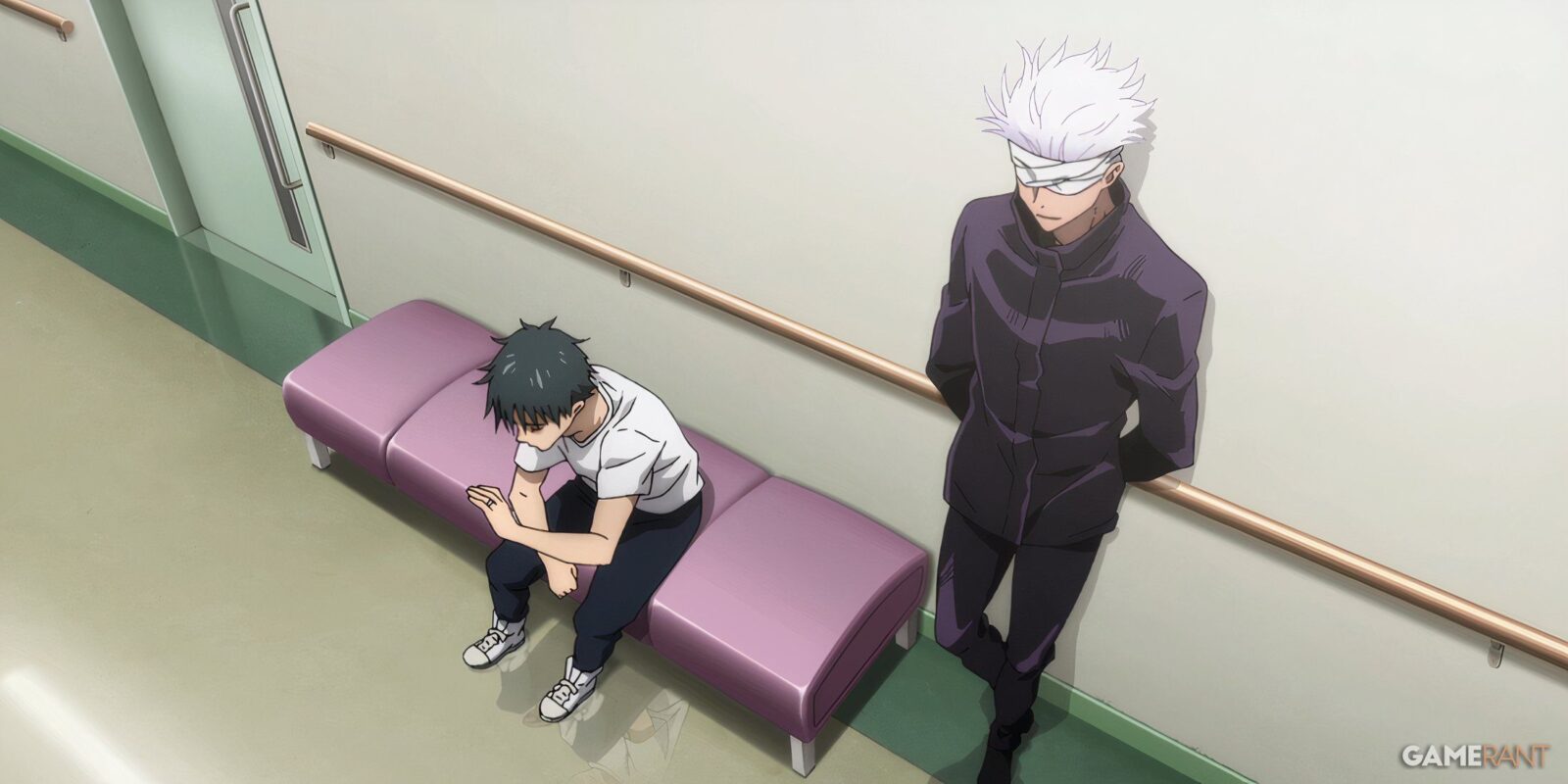

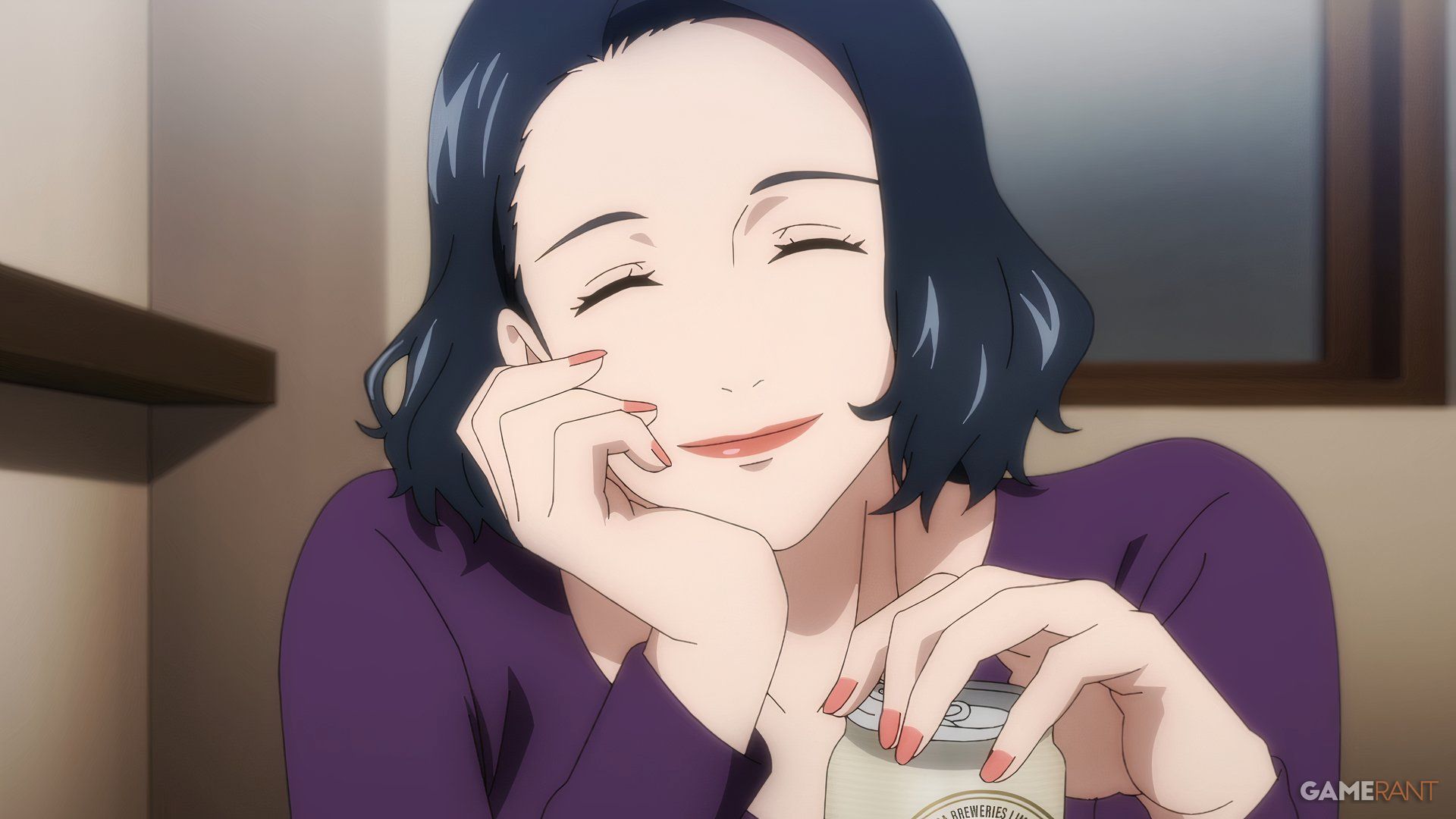
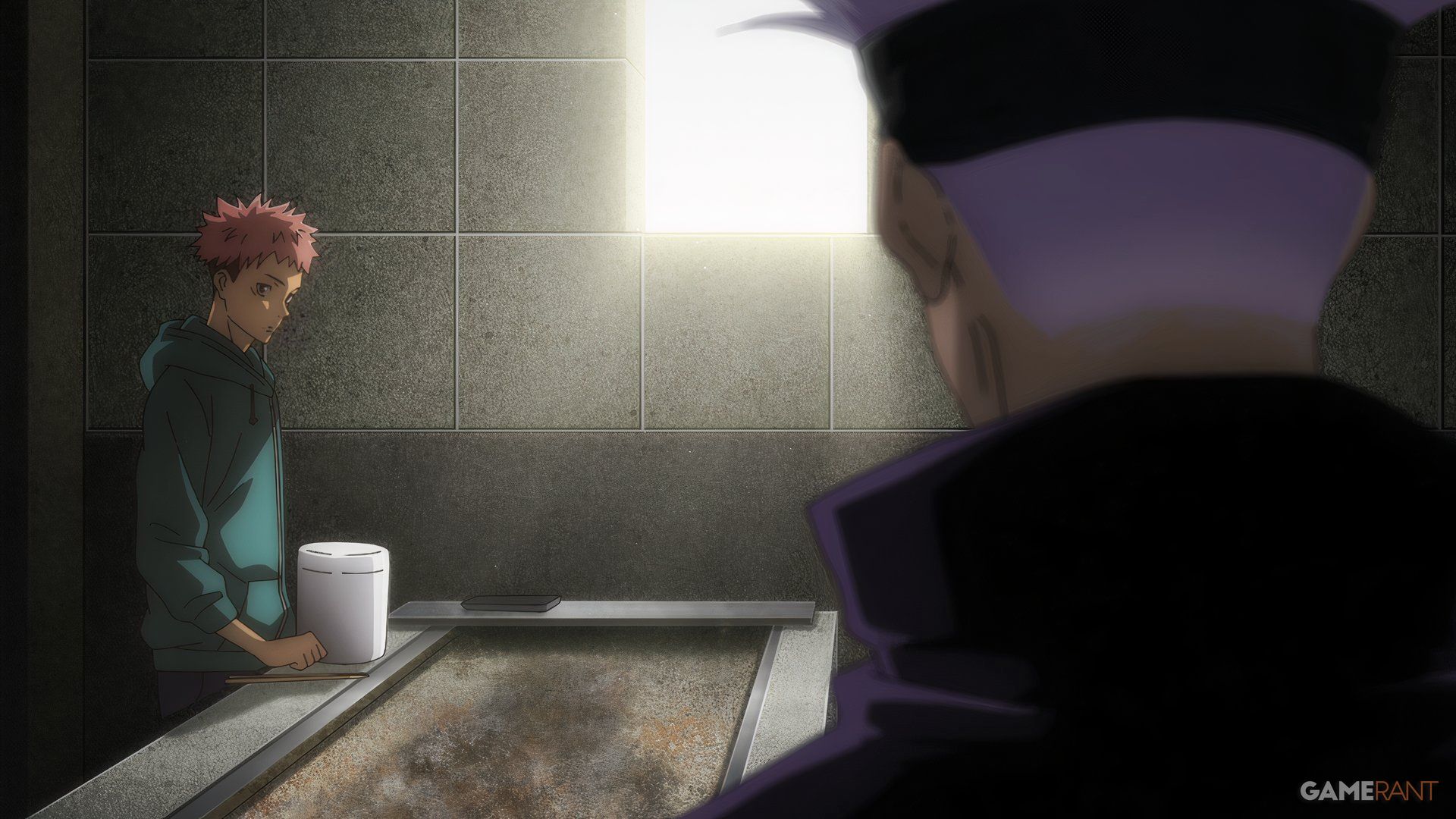
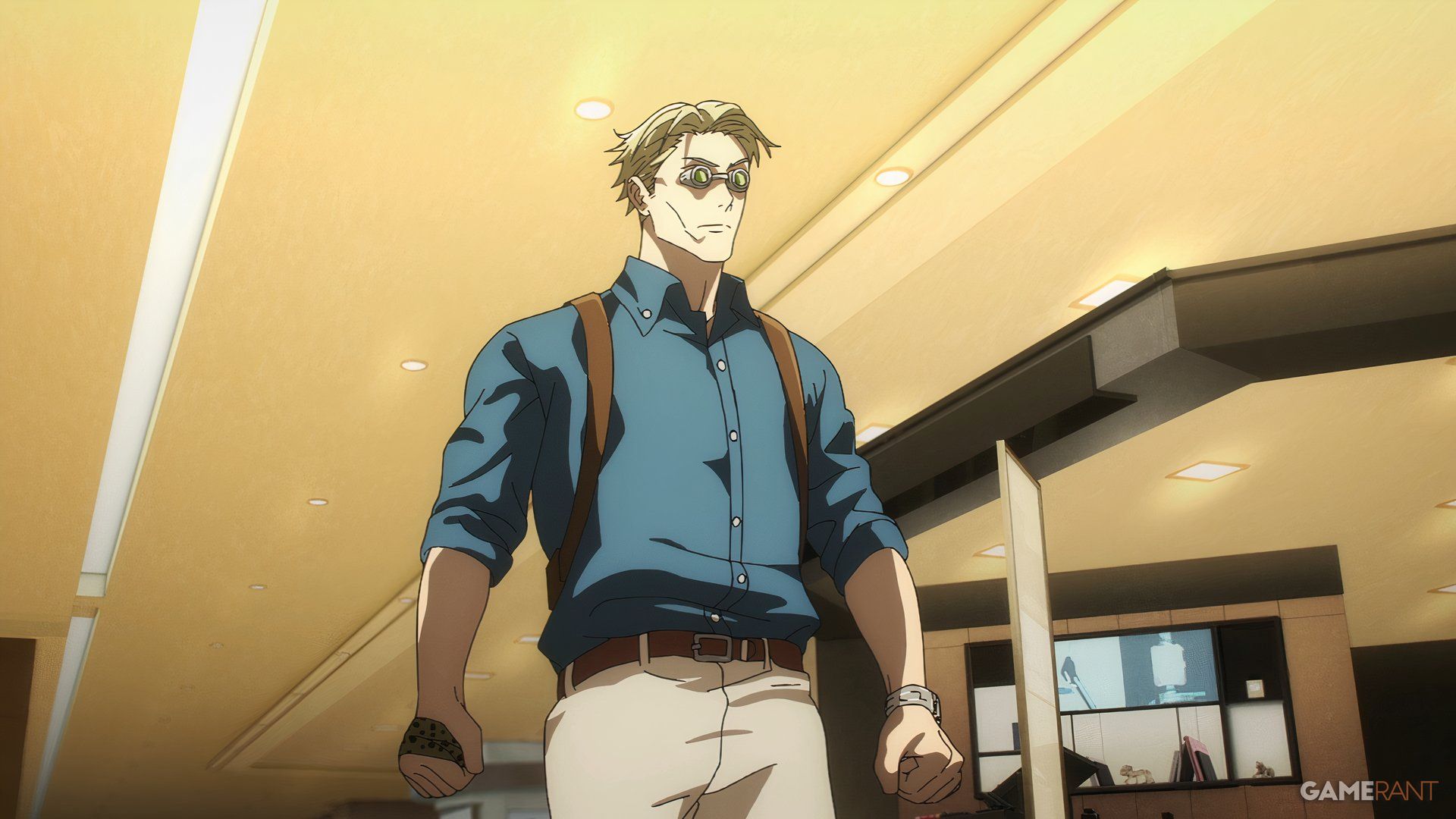
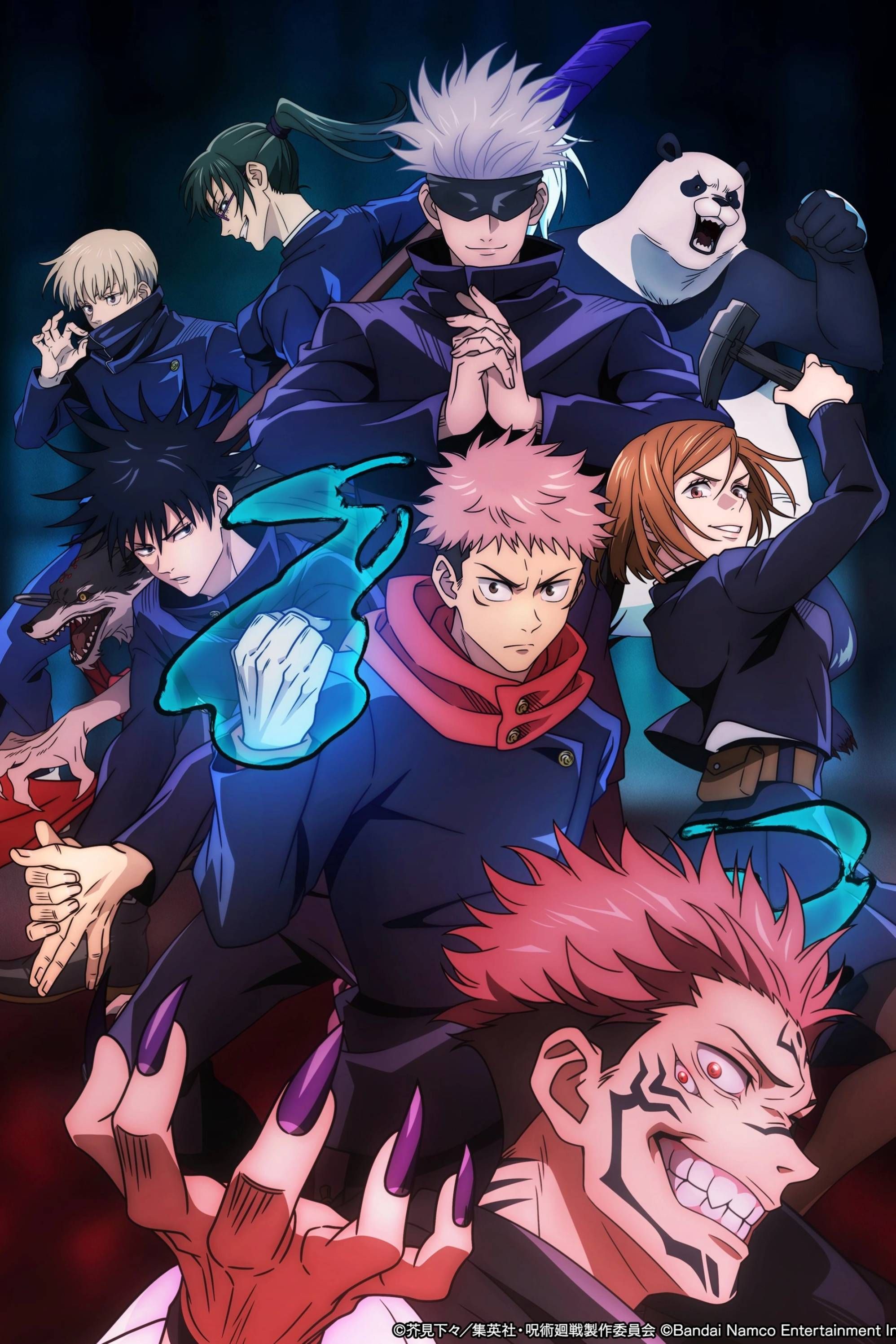




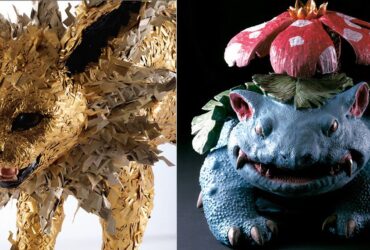

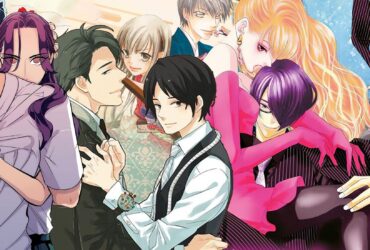
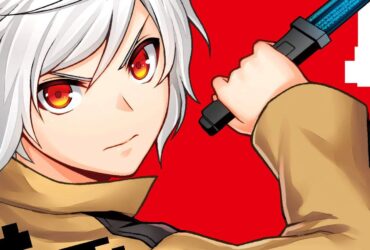
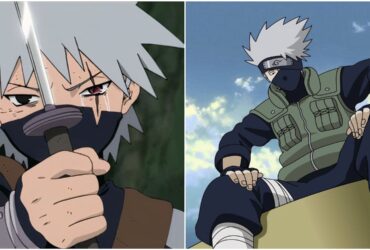
Leave a Reply